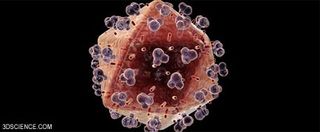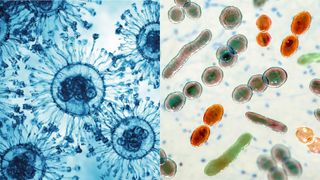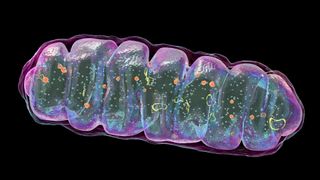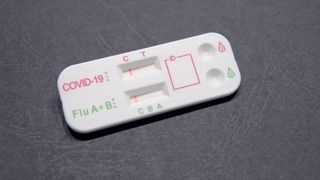Virus

A virus is defined as any of a various number of submicroscopic parasites that can infect any animal, plant or bacteria and often lead to very serious or even deadly diseases. A virus consists of a core of RNA or DNA, generally surrounded by a protein, lipid or glycoprotein coat, or some combination of the three. No virus can replicate without the help of a host cell, and though they can be spread, viruses lack the ability of self-reproduction and are not always considered to be living organisms in the regular sense.Some of the most common or best known viruses include the human immunodeficiency virus (HIV), which is the virus that causes AIDS, the herpes simplex virus, which causes cold sores, smallpox, multiple sclerosis, and the human papilloma virus, now believed to be a leading cause of cervical cancer in adult women. The common human cold is also caused by a virus.Since a great deal of mystery still surrounds the origins of most modern viruses, ways to cure these viruses and the diseases they cause are still in the very early stages of development.
Explore Viruses, Infections & Disease
Latest about Viruses, Infections & Disease

Older adults should get 2 doses of the updated COVID shot, CDC says
By Nicoletta Lanese published
The 2024-2025 COVID-19 vaccines are available, and the CDC recommends that certain groups get two doses, spaced six months apart.

New device 'zaps' bacteria on the skin, potentially preventing infections
By Emily Cooke published
Early experiments suggest a patch that delivers harmless electric currents into the skin can thwart certain bacterial infections. However, it has not yet been tested in humans.

Nearly 50 illnesses, 1 death caused by E. coli outbreak linked to McDonald's Quarter Pounders
By Nicoletta Lanese published
U.S. health officials are investigating a multi-state outbreak of bacterial infections that has been linked to McDonald's Quarter Pounders.

Doctors no longer recommend 'self-checks' for breast cancer — here's what to know
By Julie Goldenberg published
Breast self-exams used to be recommended as a part of routine breast cancer screening. Here's why the guidelines changed and what experts recommend instead.

World's early mega-settlements mysteriously collapsed — this might be why
By R. Alexander Bentley published
Whether intentional or not, the way mega-settlements in southeastern Europe from 6,000 years ago were laid out would have cut down on the spread of disease.

How do people die of the flu?
By Bryan Rocha, Nicoletta Lanese published
Severe flu infections can lead to a range of deadly complications, especially in people whose immune systems are compromised by age or disease.

Which came first: viruses or bacteria?
By Victoria Atkinson published
Viruses and bacteria have been around for billions of years, but which came first?

How long is the flu contagious?
By Marilyn Perkins published
Many factors affect the infectious period of seasonal influenza, commonly called "the flu," but there are some good rules of thumb for when it's safe to return to work or school.

Malfunctioning mitochondria may drive Crohn's disease, early study hints
By Emily Cooke published
A new study in mice suggests that dysfunctional mitochondria may change the composition of the gut microbiome and thus drive Crohn's disease.

Is it COVID or the flu? At-home tests can look for both viruses at once
By Julie Sullivan, Wilbur Lam published
A fever and a nasty cough can be symptoms of a range of respiratory illnesses. An antigen test that narrows down the culprits can speed up diagnosis and recovery.
Sign up for the Live Science daily newsletter now
Get the world’s most fascinating discoveries delivered straight to your inbox.
